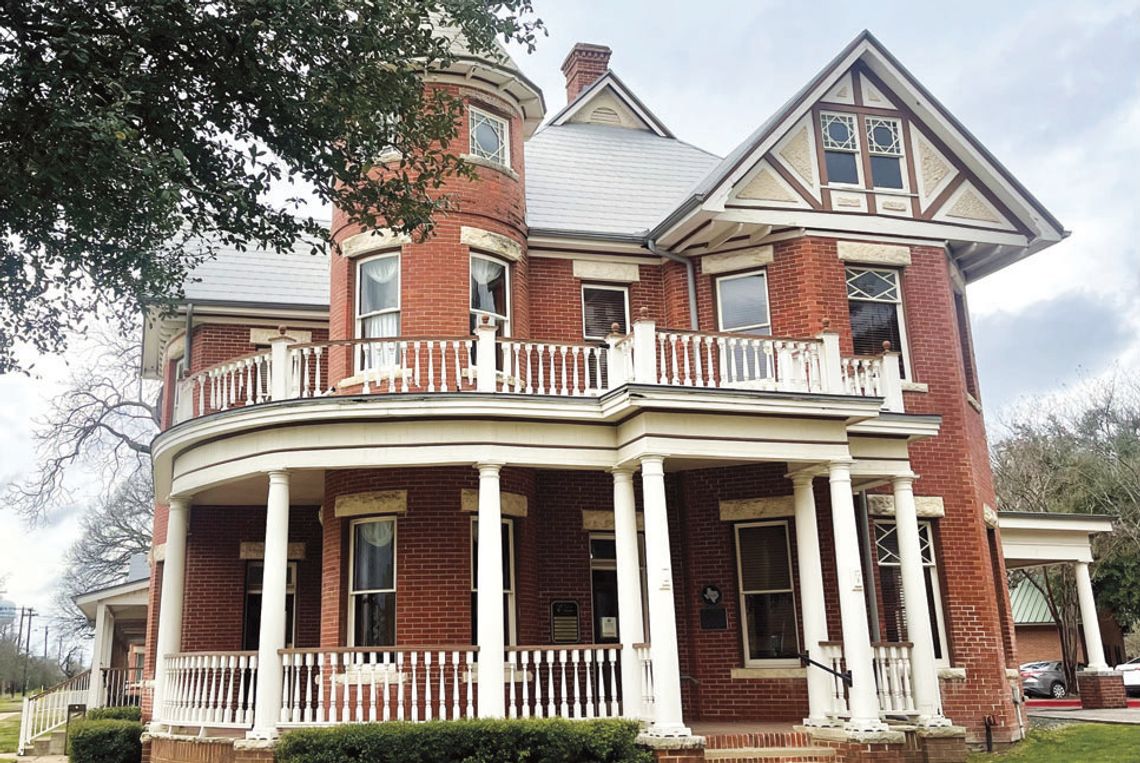State Attorney General Ken Paxton is suing the city of Elgin for adopting an ordinance dealing with low-level marijuana possession laws.
The proposition in question was brought to the ballot through a citizen petition and passed with more than 70% voter approval, Nov. 2022, eliminating enforcement of low-level marijuana offences.
“I will not stand idly by as cities run by procrime extremists deliberately violate Texas law and promote the use of illicit drugs that harm our communities,” said Paxton in a recent public address.
The city recognized that this is an illegal ordinance, as it goes against state and federal law, but didn’t keep it from reaching the voters. City Manager Thomas Mattis saw this as an example of confusion that surrounds the initiative petition and referendum process.
“There’s nowhere in that process, that before it goes to the voters, we talk about whether or not what’s being proposed is even legal, and that’s what we’re missing in this process,” said Mattis during the Nov. 9 City Council meeting.
City Council “has taken no action to support the ordinance,” and “the Elgin Police Department are enforcing state law,” according to Public Information Officer Amy Miller, but Chief of Police Chris Noble stated that they have been following the “spirit of the ordinance.”
“We’re doing what we always said we would do, and we continue to do it, operate within the spirit of the ordinance even though it is an illegal ordinance,” said Noble before the lawsuit was filed.
Low-level possession is a class B misdemeanor, there is no ticket, and about 88% of encounters conclude with the individual destroying the substance, according to Noble, who stated that the department will not seek out people smoking marijuana unless there is another legitimate reason.
The lawsuit names Mayor Theresa McShan as a defendant, alongside Mattis, Noble and their fellow councilmembers that saw the ordinance pass. All defendants are being sued in their official capacity, according to the plaintiff’s original verified petition.
Paxton has also targeted Austin, Denton, San Marcos and Killeen with similar litigations.
While Elgin is a home-rule city and has “the full power of self-government,” the ordinance and any corresponding Elgin Police Department general order violate the Texas Local Government Code, according to the filings.
“The governing body of a municipality [or a] municipal police department … may not adopt a policy under which the entity will not fully enforce laws relating to drugs,” as stated in the petition. “No ordinance passed under [Elgin’s] charter shall contain any provision inconsistent with the Constitution of the State.”
The State of Texas is seeking for Elgin to declare the ordinance and any corresponding Elgin Police Department directive void, repeal it and fully enforce drug laws.
Furthermore, Paxton is asking that no disciplinary action is taken against any employee of the city for enforcing drug laws, and that city policies and internal operating procedures are modified in response to the ordinance.
Neither sovereign immunity nor governmental immunity applies to the State of Texas’s ultra vires claim, according to the petition.
The city did not respond with any additional comment when asked.
More information to come as the active litigation unfolds.
.png)





